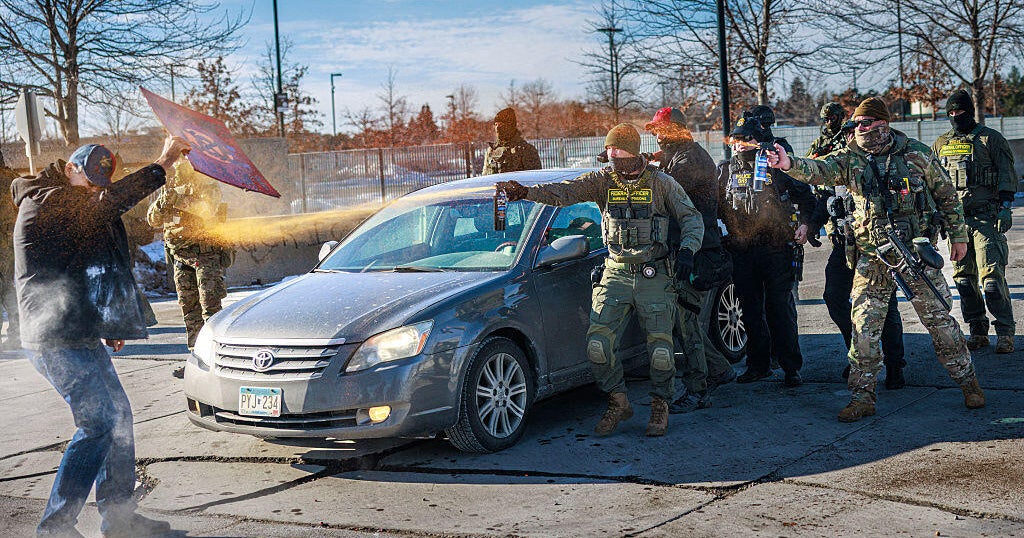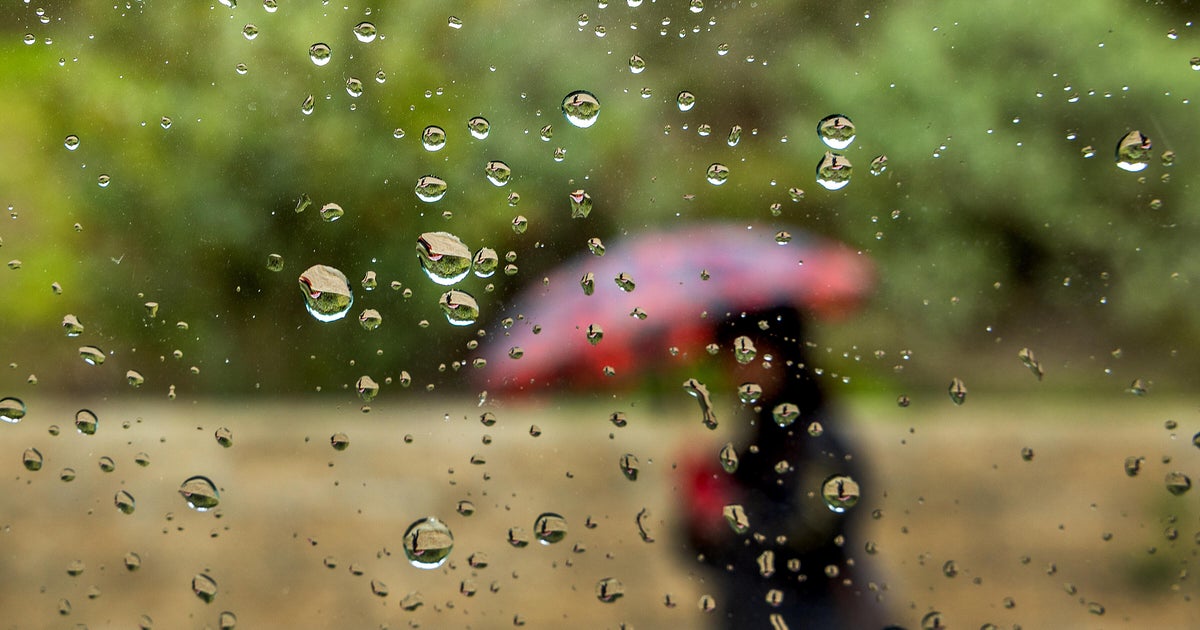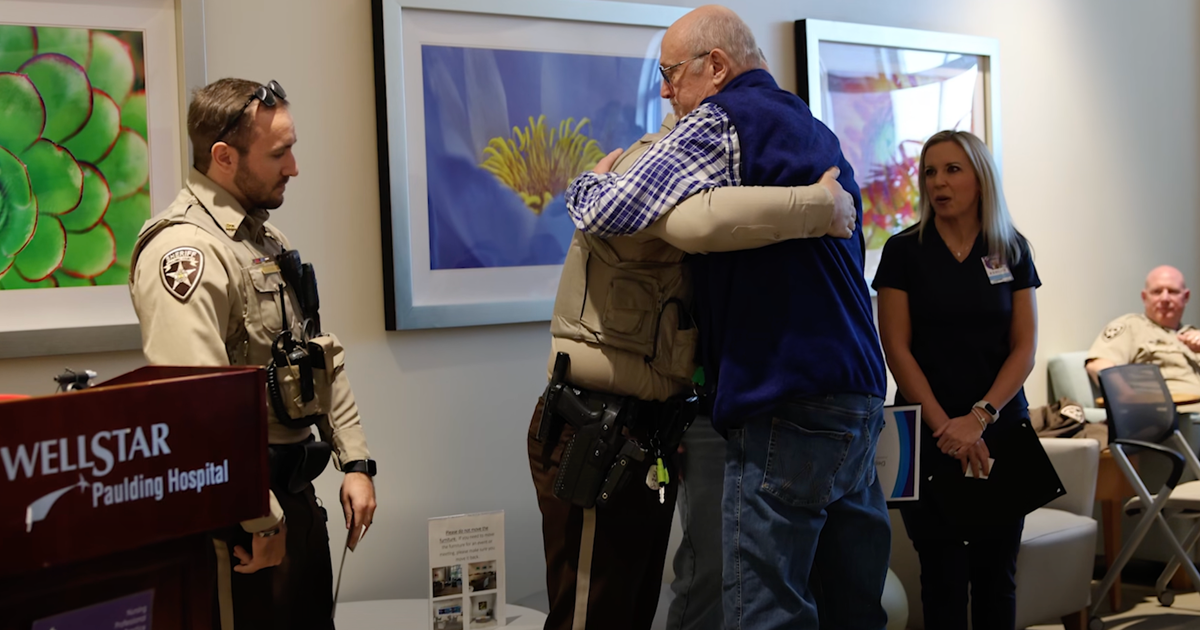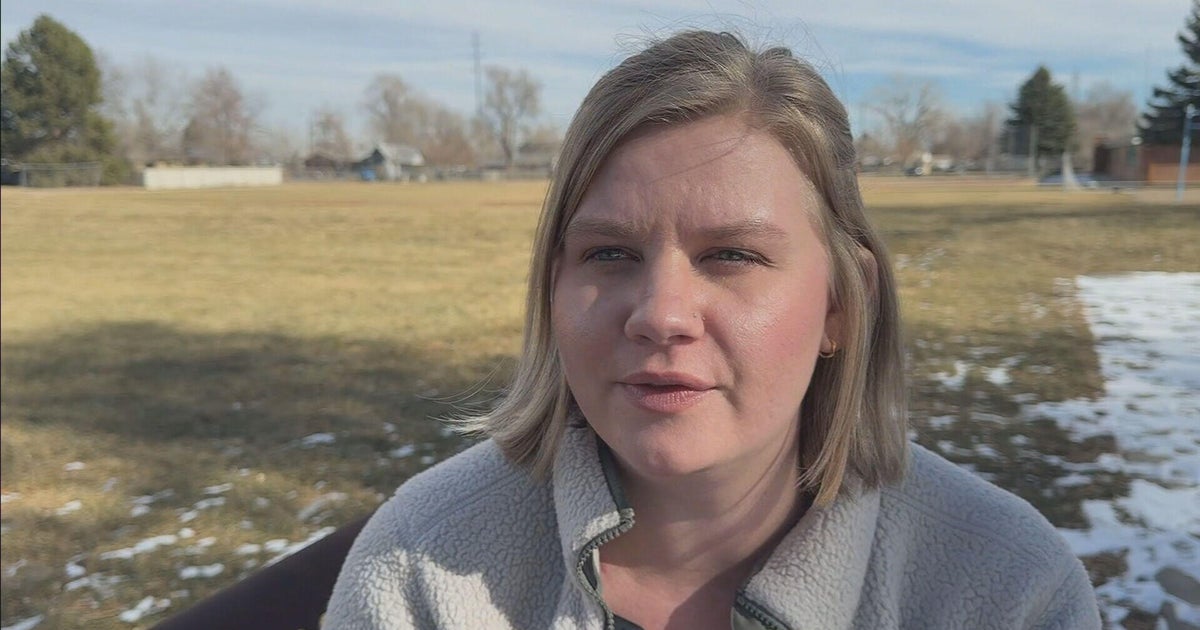California's High Court Rejects Bid To Revive Prop. 8
SAN FRANCISCO (CBS SF) - In what may be the final step in a nine-year battle over same-sex marriage in California, the state Supreme Court Wednesday turned down a petition in which the sponsors of Proposition 8 sought to have the ban on gay nuptials put back into effect in most of the state.
The court, in an order issued in San Francisco and signed by Chief Justice Tani Cantil-Sakauye, declined without comment to grant a hearing on the petition, which was filed July 12.
Wednesday's order appears to bring an end, at least for the time being, to efforts by supporters of the 2008 voter initiative to stop gay and lesbian weddings in California.
The Proposition 8 sponsors previously lost bids to both the state and federal supreme courts for an immediate stay of same-sex marriages, which resumed on June 28 in the wake of a U.S. Supreme Court decision.
The U.S. high court said in its June 26 ruling that the sponsors had no standing to appeal a 2010 federal trial court injunction blocking enforcement of Proposition 8.
The decision had the effect of leaving the injunction in place, and gay marriages resumed two days later after the 9th U.S. Circuit Court of Appeals lifted a stay of the injunction.
Andrew Pugno, a lawyer for the ban's sponsors and their committee, Protect Marriage, deplored the court rulings and their effect on voters' right to pass initiatives.
"The California Supreme Court's choice not to address the merits of our case, like the U.S. Supreme Court's choice to avoid the merits, leaves grave doubts about the future of the initiative process in our state," Pugno said.
"Now voters will be less confident than ever that their votes will mean something. When politicians disregard the law, and the courts refuse to get involved, what are we left with?" he asked.
Supporters of same-sex marriage rejoiced.
"With today's order, the California Supreme Court has put an end
to the desperate, last-ditch efforts of Proposition 8 proponents to take marriage equality away from Californians," said Adam Umhoefer, the executive director of the American Foundation for Equal Rights.
"Proposition 8 is gone for good, as justice and equality have once again prevailed," Umhoefer said.
The Los Angeles-based foundation sponsored the successful 2009 civil rights lawsuit in which two couples challenged Proposition 8.
In their California Supreme Court petition, the Proposition 8 sponsors claimed the injunction issued in that lawsuit by U.S. District Judge Vaughn Walker of San Francisco should apply only to the weddings of the two couples. Both couples married on June 28.
Walker ruled that the measure violated the federal constitutional rights of equal treatment and due process, and ordered state officials not to enforce it.
Gov. Jerry Brown and state Attorney General Kamala Harris have contended the injunction applies statewide.
Harris said today, "Once again, equality and freedom triumph in California. I applaud the court's decision and my office will continue to defend the rights of all Californians."
San Francisco City Attorney Dennis Herrera, who represented the city in the federal case, said, "The fundamental right of gay and lesbian couples to marry in California is secure."
Herrera said he believes any remaining legal options of gay marriage opponents "are increasingly absurd."
But Austin Nimrocks, another lawyer for the Proposition 8 sponsors, said, "Though the current California officials are unwilling to enforce the state Constitution, we remain hopeful that one day Californians will elect officials who will.
"It is unfortunate that the California Supreme Court chose not to decide the important, still-unresolved questions about the enforcement of Proposition 8, the law of the land in California. The court's decision today, however, does not end the debate about marriage in California," Nimrocks said.
Proposition 8, which provided that "only marriage between a man and a woman is valid or recognized in California," was enacted by voters in November 2008 as a state constitutional amendment.
Walker ruled that the couples' federal constitutional rights supersede the state constitutional ban.
In previous developments following the U.S. Supreme Court's decision, the Proposition 8 sponsors asked that court for a stay of same-sex marriages on June 29, but were turned down by Justice Anthony Kennedy the next day.
When the sponsors filed their petition with the California Supreme Court 12 days later, they also asked that court to stay same-sex weddings while it considered the petition.
The state high court rejected the stay request on July 15.
Then, on July 23, it declined a similar request for a stay by San
Diego County Clerk Ernest Dronenburg. A few days later, Dronenburg asked the court to dismiss his separate petition for review, and the court in a second order today granted dismissal.
Today's denial of review of the sponsors' petition was the final step in that case.
If the court had agreed to grant review, the process would have taken several months and would have included a hearing and preparation of a full written opinion. Because the court had previously denied a stay, gay weddings would have continued during that time.
The court grants review of only a small percentage of the petitions it receives.
Same-sex marriages were briefly legal for several months in 2008 after the California Supreme Court ruled in May of that year, following a four-year legal dispute, that the state Constitution provided a right to gay nuptials.
That decision was overturned when voters approved Proposition 8 as a state constitutional amendment.
The two couples who wanted to marry, Kristin Perry and Sandra Stier of Berkeley and Paul Katami and Jeffrey Zarrillo of Burbank, then took a different tack by basing their U.S. District Court lawsuit on federal constitutional claims.
(Copyright 2013 by CBS San Francisco and Bay City News Service. All rights reserved. This material may not be published, broadcast, rewritten or redistributed.)







